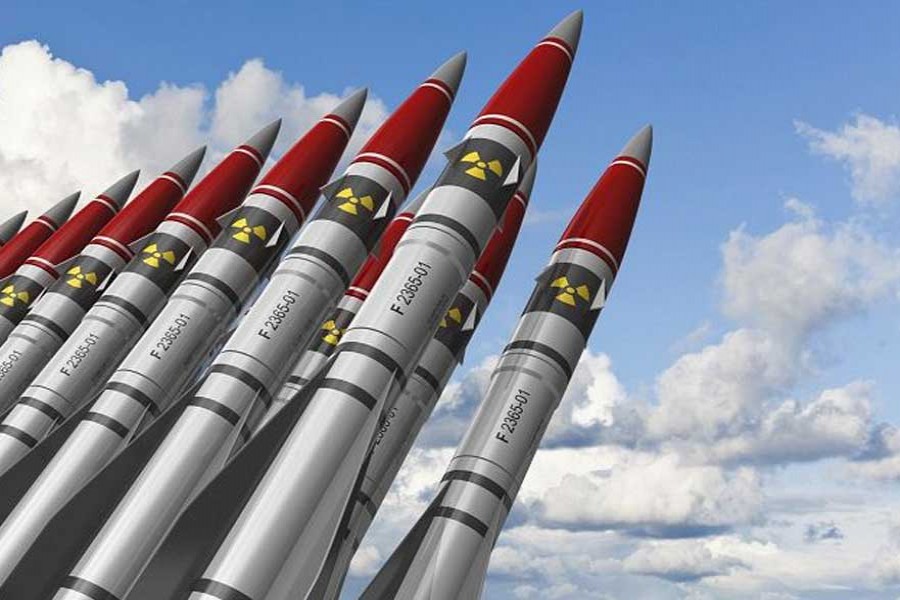Donald Trump's view of a new order was laid down in bits and pieces during the Presidential campaign. Some of it, such as cutting US expenses in funding the United Nations activity and North Atlantic Treaty Organisation (NATO) made sense. What, at the time didn't resonate was how his cost reduction in defending South Korea would be mapped out. Shinjo Abe has provided the answer.
Putting paid to hitherto cast-in-stone theories of Japan never wanting to face war again, Abe campaigned on constitutional reforms that, among other things would change the country's pacifist defence approach to one of confrontation if need be. A recent surge in ratings, largely due to the restraint with which Abe and Japan watched North Korean missiles fly over the country promoted a snap election. Returning with two-thirds majority, Abe is now in a position to have tough talks with Mr. Trump next month. Abe had been the first world leader to have met the US President and though details of the meeting were glossed over, the current election and Abe's resolve suddenly is very telling.
The Second World War armistice went to great pains to ensure neither Germany or Japan gain the military strength to be threats. The two nations, rebuilt their economies from a heap of ruins to becoming, one the power-house of Europe, the second until recently the second biggest economy of the world -a right now claimed by China. On one hand Mr Trump is determined to prevent nuclear proliferation; on the other he would appear to not be unfavourably disposed towards a nuclear Japan and possibly South Korea. It's an open-secret that of many countries more or less ready to turn nuclear, Germany, Israel and Japan have primed themselves up. Mr. Abe is taking the 'democratic' route by amending the constitution first. That, for once, Mr. Trump isn't tweeting is significant.
Japan has hobnobbed diplomatically with China over long-standing issues relating back to the last world war without any sabre-rattling. Now that it will sharpen its sabres, so to say, the equation will change. That's the outcome of the 'peaceful use' of nuclear technology, such as eschewed by India, preparation to full status. The danger is a scramble by others to acquire and ready the technology, much to the dismay of organisations such as ICAN, the Nobel winning anti-nuclear organisation. This sort of scramble means diversion of funds from far more pressing concerns such as poverty-eradication, health and education. There are studies galore that show how a fraction of defence costs can bring about wholesale changes in physical, mental and economic well- being of the world poor.
The canister or bottles of water, neatly laid out on conference tables, where proliferation issues are hammered out is an unkind reminder. Next time, a world leader needs a sip of water or Ms Theresa May requires to settle the frog in her throat, someone might want to remind them of the millions who have to walk miles for the luxury of a sip of potable water. But then, that's not the way of the world.


